#NerdsUnite: Down with the deconstruction of digital distraction
This post is part of series based on the book LifeScale (non-affiliated link).
As I said in the intro post, my buddy Brian Solis wrote a book about how to live a more creative, productive and happy life. As someone who wants to be creative, productive, and happy - I actually read it and now I'm implementing the steps! Yay self care!!
It's creepy how well this song goes with this post ...
I've heard first hand from friends that their companies use psychologists to "enhance the user experience and engagement," but I can't say it ever upset me - I believe that it is up to me to hold my own self accountable.
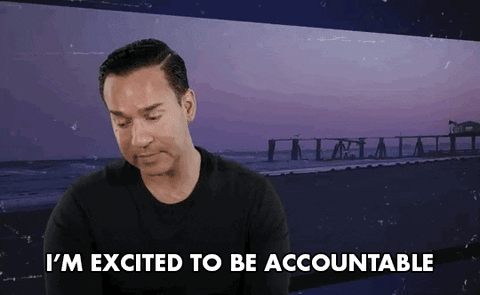
A year and some change ago, I caught myself "zoning out" in front of the TV and endlessly scrolling for hours on end on FB- yet received no "satisfaction" behind it.
This frustrated me because I receive satisfaction in reading (which I now claimed I didn't have any time to do).
Before I upgraded to my iPhone XS (which includes screen time tracking - more on that in a minute), I found myself spending up to three hours each evening just scrolling.
I personally don't experience FOMO, but to me, reading a digital comment, or sitting on FB messenger pings the part of my brain that meant I was being "social" for the evening - even though I wasn't getting the same satisfaction as actually having a conversation with someone or (equally enjoyable) spending time alone.
I was double dipping my digital and IRL life - and it wasn't working.
Wanting to up my personal satisfaction index ...
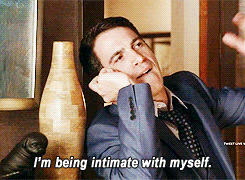
I deleted FB (and Messenger) from my phone.
It was one of the best decisions I have ever made.
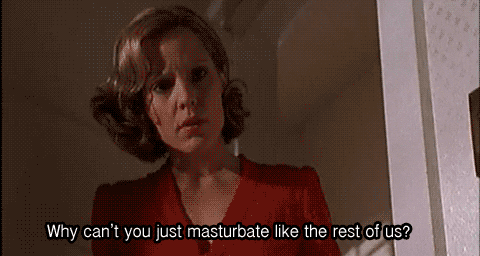
Now, I quickly check Instagram in the morning and at night, but look at my screen time stats ...
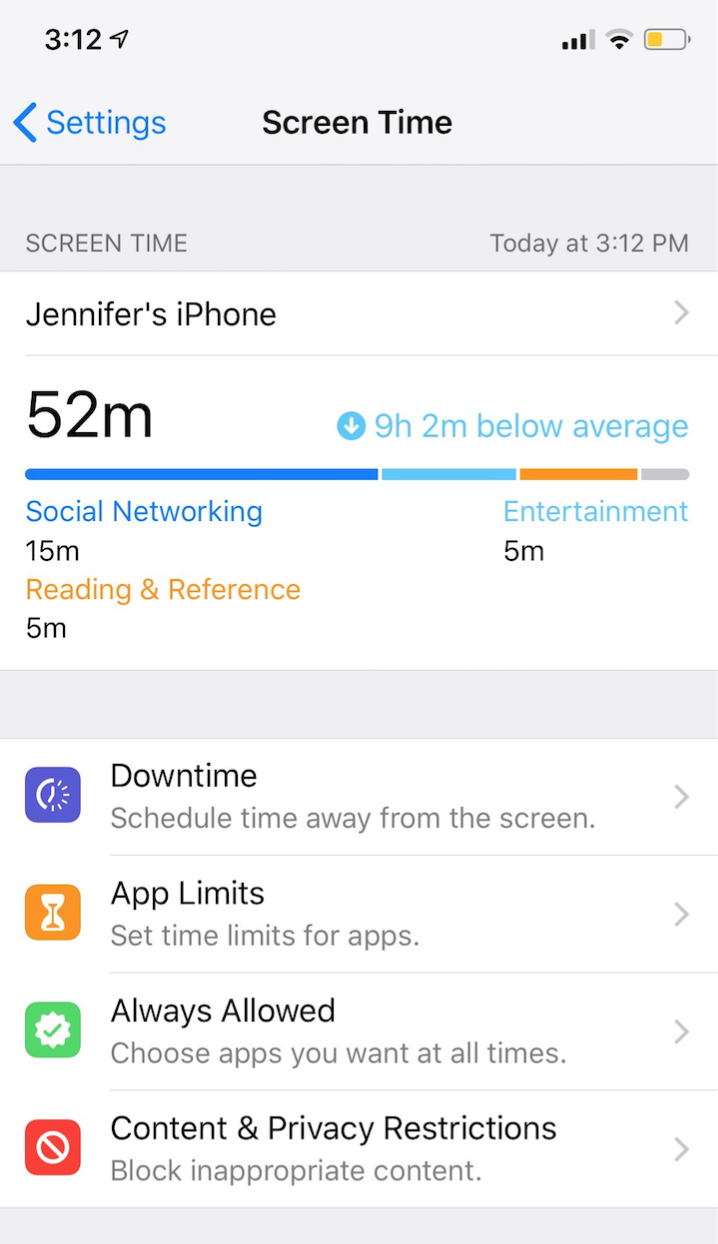
Mind you, I've been working all day, but making that ONE CHANGE dramatically improved my not only overall satisfaction (which to me is quiet time), but also gave me time to do the things I actually WANTED to do WHICH MAKES ME FEEL ACCOMPLISHED ... ACCOMPLISHMENT LEADS TO BEING ABLE TO ZONE OUT ... WHICH WAS ALL I WAS AFTER IN THE FIRST PLACE!!
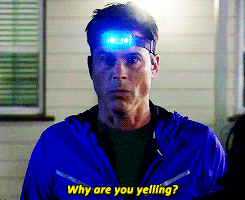
I don't know.
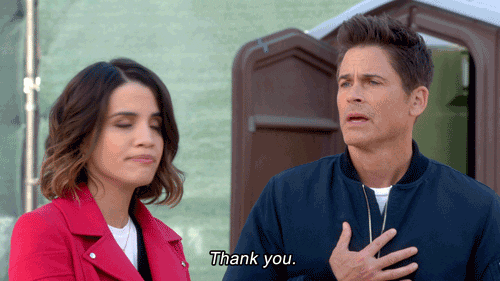
<page 26>: "Addictiveness is maximized when the rate of reward is most variable," says Former Google engineer Tristan Harris."
Software designers have incorporated this trick into all sorts of their products.
When you open your favorite app, check your email, and endlessly scroll or swipe, you're subconsciously trying to "win" something. But ask yourself, what exactly are you trying to win?
Another psychological hijack is social reciprocity. If someone pays you a compliment, for example, you feel the need to return the compliment. This can play out in your digital life as well. If you send an email, it's discourteous if the recipient doesn't reply right away. If you follow someone online, it's disrespectful (and even hurtful) if they don't follow back. </page>

<page 28>: This is why networks, for example, notify you when someone tags you in a post or lets you know when someone "read" your message. Or, when you send a message, you can see the wavering dots when someone is replying to you. And in some apps, you can see how long it's been since you've interacted with someone. You feel anticipation and pressure to stay engaged, to respond, to check back, to interact.
We use AI and neuroscience to increase your usage ... make apps more persuasive ... it's not an accident. It's a conscious design decision. We're designing minds. </page>
I get it ... I get it ... we're designed to become addicted and to split our attention, but what do we actually do about it? How can we improve?
With one, the awareness that there is a problem, two, the action and accountability to actually make a change, and three, acting with intention.
<page 31>: Experts recommend spending 25 minutes to two hours working on a project at a time. If you're spending less than 25 minutes on an important or challenging task, then you're killing concentration and deflating your ability to warm up your brain before you quit. Your brain typically takes 23 minutes and 15 seconds to return to work following a distraction.
Every time you shift, you shift your attention, from one thing to another, the brain has to engage a neurochemical switch, that uses up nutrients in the brain to accomplish that. So if you're attempting to multitask ... doing four or five things at once, because the brain doesn't work that way. Instead, you're rapidly shifting from one thing to the next. Depleting neural resources as you go. And, we have a limited supply of that stuff. </page>
Earlier this year, I found myself jumping from tasks to tasks (without giving any project my full attention and intention).
Yes, it was in part to the depression I was chemically feeling, but I also developed the awareness that I was using multi-tasking as an escape.
I used it as a way to self punish and self perpetuate this misery I decided I wanted to wallow in.
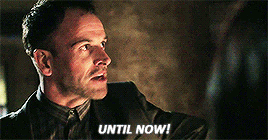
<page 40>: Distractions are largely welcome because they can temporarily save us from contending with the challenge of a difficult task ... loneliness, fear, self-doubt, self-loathing and security.
All of our technological distractions have made that easier for us to because they are designed to seem so useful and nurturing. What could be wrong with sharing our photos with friends? News alerts might inform us of something we really need to know. </page>
<page 44>: Every day when you wake up with a new, intentional mindset and resolve to change your trajectory toward a more positive vision and more productive behavior, you are, by default, beginning your day just as you did yesterday and the day before that. You are caught in a legacy trap, a routine of current behaviors and beliefs that govern your day and life ahead. You can never move forward without a conscious effort. </page>
My action item this week is to start keeping a notepad by my bed and every morning write down what my intention is for that day.
I normally spend mornings reading through stories on Apple News, or entertainment related websites. I want to change that to hold my own self accountable for what my day will be and bring, not spending the first beat of my morning reading other people's stories.
I can honestly say I've never done that before.
Thanks, Brian!
#staytuned
Oh, and want to hear a podcast about intimacy, setting boundaries, and digital distractions? Check out this conversation with OneToughMuther.

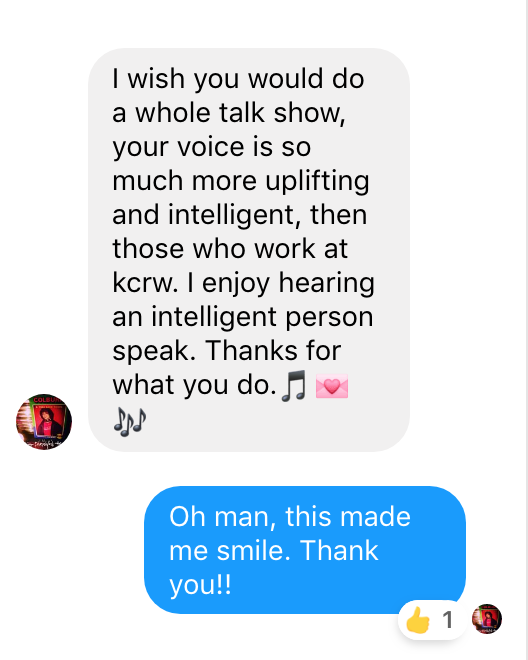


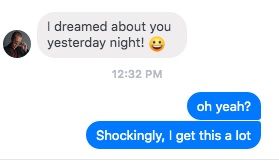
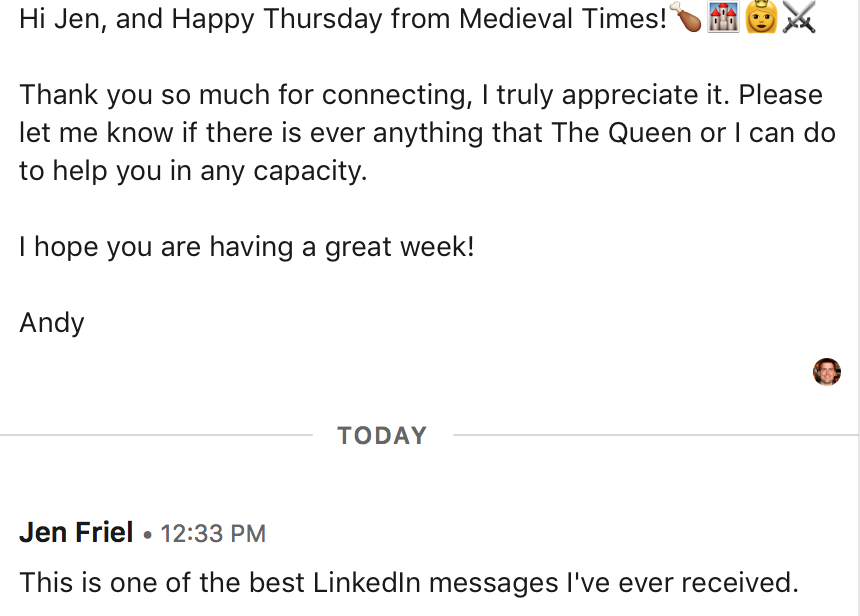
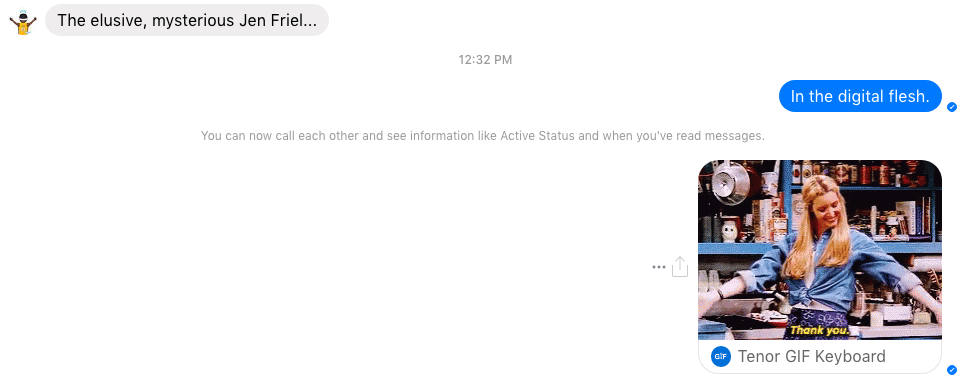





 Friday, July 19, 2019 at 11:32AM
Friday, July 19, 2019 at 11:32AM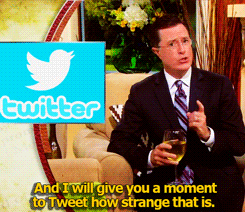
Reader Comments